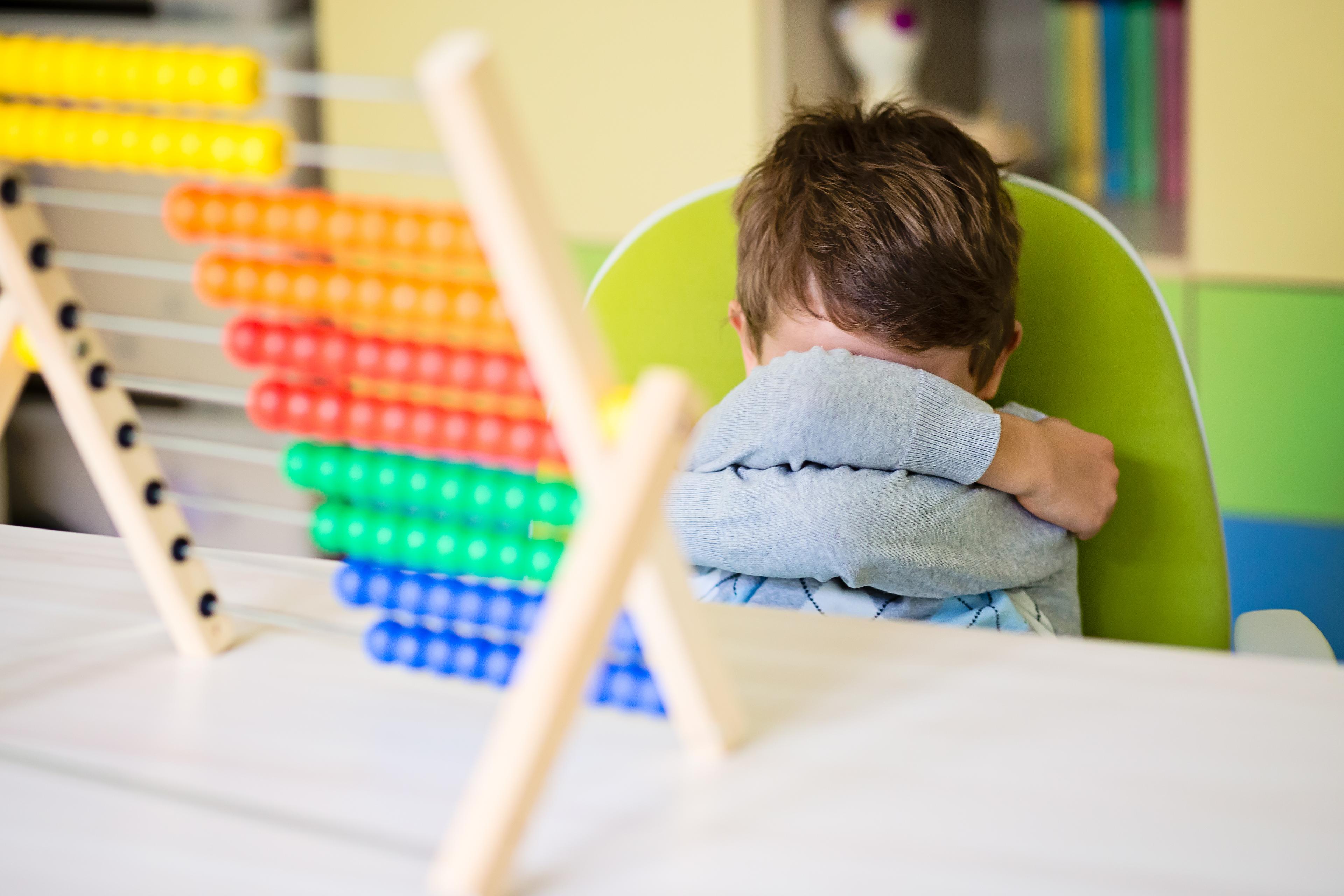Tantrums in children can be defined as emotional outbursts like frustration or anger. They may involve crying, screaming, falling deliberately to the ground, kicking, holding their breath, running around or away, throwing and breaking things, and vomiting. These behaviors are typically seen in children between the ages of 1 to 3 years, as they develop emotional and social habits. Tantrums are common in both girls and boys, as children at this age are unable to express themselves through words and often resort to these types of behaviors.
One of the main reasons why children have tantrums is that they have not yet developed the ability to express their emotions in an appropriate way. They may feel frustrated, angry, or overwhelmed by a situation, but lack the verbal skills to express their feelings.

To reduce the likelihood of tantrums, parents should try to minimize stress in children, identify the factors that trigger a tantrum, and ensure that children are getting enough sleep and eating well before taking them out. This can help to keep children in a calm state of mind, which makes them less likely to have tantrums.
Interacting with children and talking about emotions in general, what their emotions mean, and how they can be handled can also be helpful. Giving them positive attention, praising and rewarding them for positive behavior, can also help to reduce negative behavior and tantrums. Asking them for their choice, such as what they would like to eat or do, and giving in to their demands at times, if it is not too much, can also help to reduce tantrums.
When a tantrum does occur, it is important for parents to remain calm and not let the situation escalate. If you're in a public place with your child, you need to try and redirect your kid's attention. If that doesn't seem to work, keep your cool and simply leave. However, ensure the safety of your kids first. Just stay away while keeping a watch. Waiting is another option you can try. As tantrums can start suddenly, they can stop quickly as well.
However, if your child has been throwing tantrums over the most trivial reasons or for little or no reason at all, it is advisable to consult your general physician or pediatrician. They can help you to better understand the underlying causes of the tantrums and provide guidance on how to effectively manage them.

